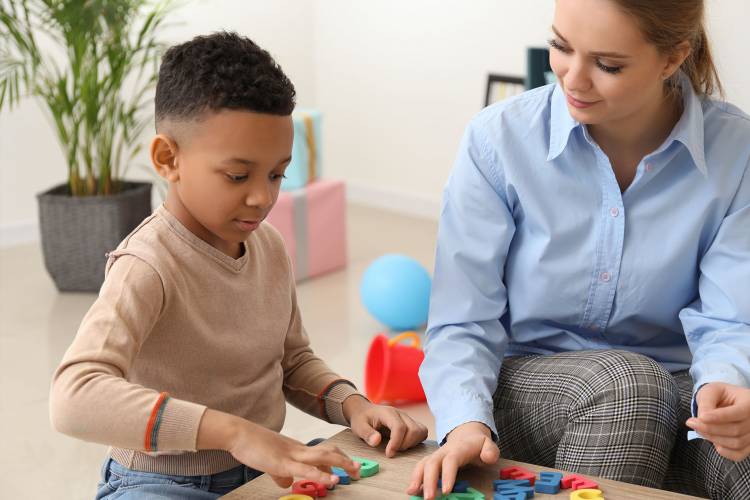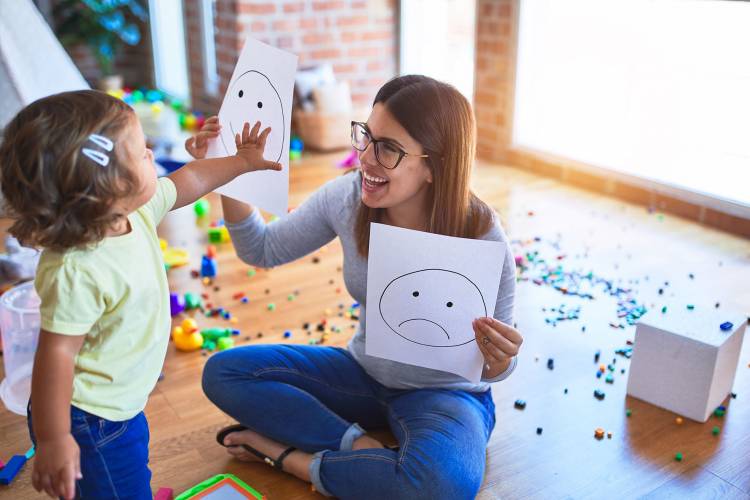When habits become an obsession
What should you do when habits increase? How do we know if a habit has become OCD? Discover the most common habits in children with us.
child care
Share

Not stepping on lines in the floor, always counting the number of cutlery items on a table, having a “lucky pen” for exams, always ordering things in the same way... Do some of these behaviours sound familiar? Children have a thousand and one customs, rituals and habits, that they tend to repeat regularly and helps them to control external events. As the child gets older, this type of behaviour usually disappears, but sometimes there are habits that increase and start to interfere with the child’s life, turning from a habit into an obsession.
So, an obsession is defined as a repetitive, disconcerting, unpleasant or undesired idea or thought, which arises uncontrollably and repeatedly in the child’s mind. This can even cause them fear and anxiety and can manifest itself at any age.
When should we be worried?
It is normal for these types of habits to disappear with age, so we should handle them with patience and accept them until they reduce over time, trying not to encourage or recall them.
Ritual behaviours have a special meaning for those who perform them. They are usually irrational, but useful because they relieve tension and convey calmness. The fact that things remain stable in their surroundings makes them think they have control over what is happening to them.
However, when the frequency of a habit starts taking up more and more time (more than 1 hour a day), and if they suffer increased anxiety when they stop doing that habit in the form of crying, shouting, being aggressive towards themselves or others, it is advisable to seek advice from a professional to assess the presence of an obsessive compulsive disorder (OCD).
Many parents leave it, thinking that “children are just being children” and they will get over it, but treating these behaviours in time can avoid many problems.

What should we do if we think our child has OCD?
For the child’s prognosis, an early diagnosis is important, and the involvement of the parents is key for the treatment to work and the progress of the OCD to be favourable. In fact, many parents become a type of ‘co-therapist’, helping to remove or limit the habits.
Therefore, if you see that your child has a habit that has evolved and is becoming increasingly evident and prolonged over time, don’t hesitate to seek advice from a professional. OCD responds to pharmacological treatment and cognitive behavioural therapy (exposure and response prevention, habit reversal), which manage to recover the child’s quality of life.






